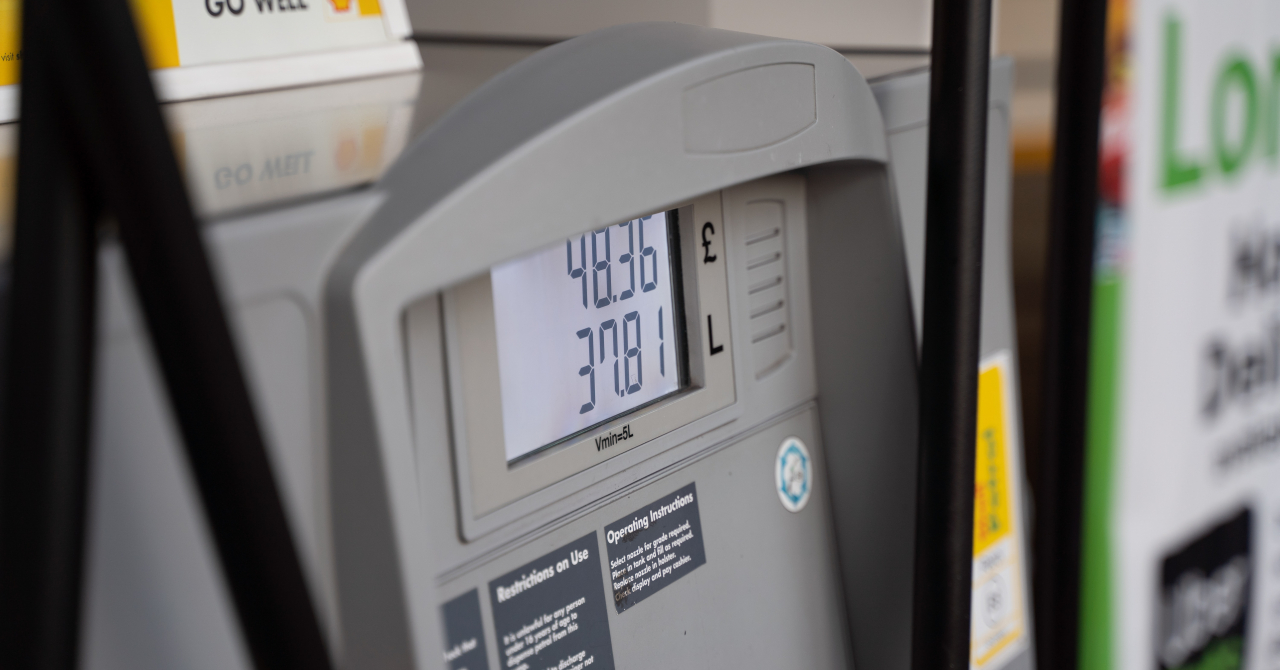According to Biodiesel Magazine, the western European country's plan is to reduce as much as 60% of its CO2 emissions by 2030, which is why it will need to dispose of fossil-fuels as soon as possible.
Fortunately, Agent Energy, a company that's making biodiesel from organic fats and oils since 2005, is ready to help, expanding the production of the biofuel in the Port of Amsterdam to 540.000 tons per year.
Erik Rietkerk, CEO of Argent Energy, said that "clean mobility is a vitally important link to achieving climate targets. The Netherlands has a strong record in supporting the use of the most sustainable biodiesel and with the expansion of its production capacity, Argent Energy can make a significant contribution to the Dutch, Amsterdam and European ambitions for decarbonization of transport."
The Dutch coalition agreement wants to promote a cleaner transportation system through pushing biofuels as much as possible, which can be blended with regular fossil-fuels in order to reduce their environment footprint.
The use of waste-based biodiesel releases as much as 90% less CO2 emissions compared to regular diesel.
The municipality of Amsterdam has the ambition to become carbon neutral by 2050, with the area aiming to reduce the emissions by 55% by the time 2030 arrives.
On the European continent, around 25% of the total emissions come from the transport sector, and part of the Renewable Energy Directive II is that the share of renewable energy in energy mixes should be 40% by 2030.
 Mihai - Cristian Ioniță
Mihai - Cristian Ioniță












Any thoughts?